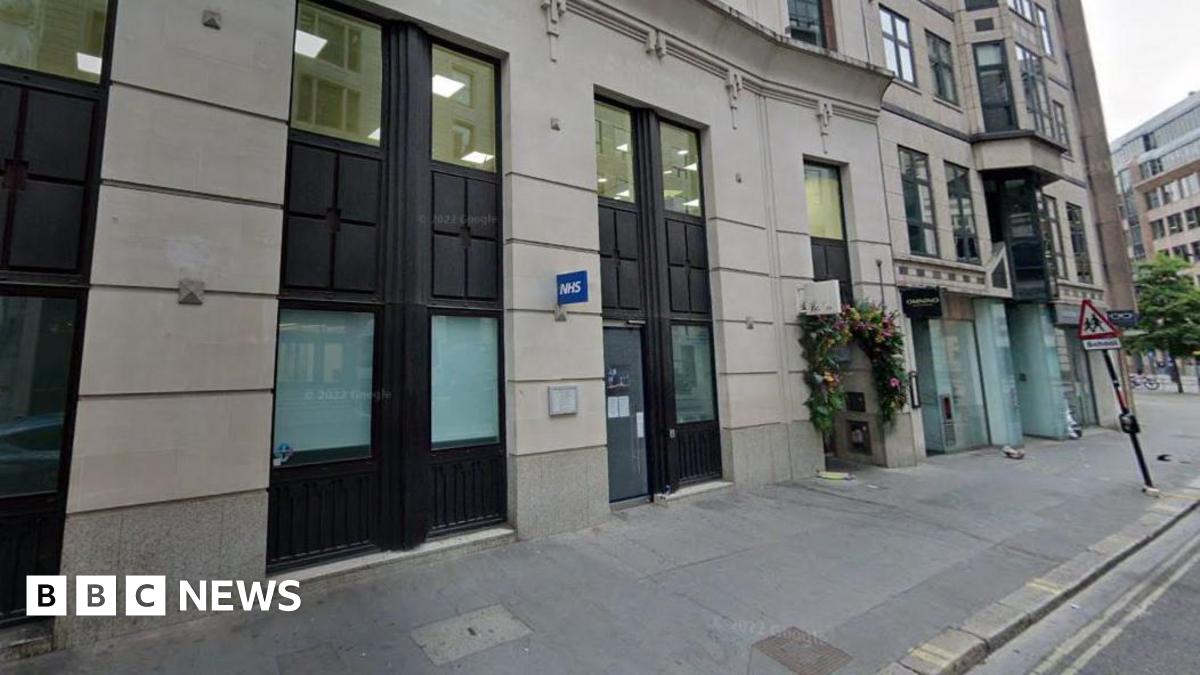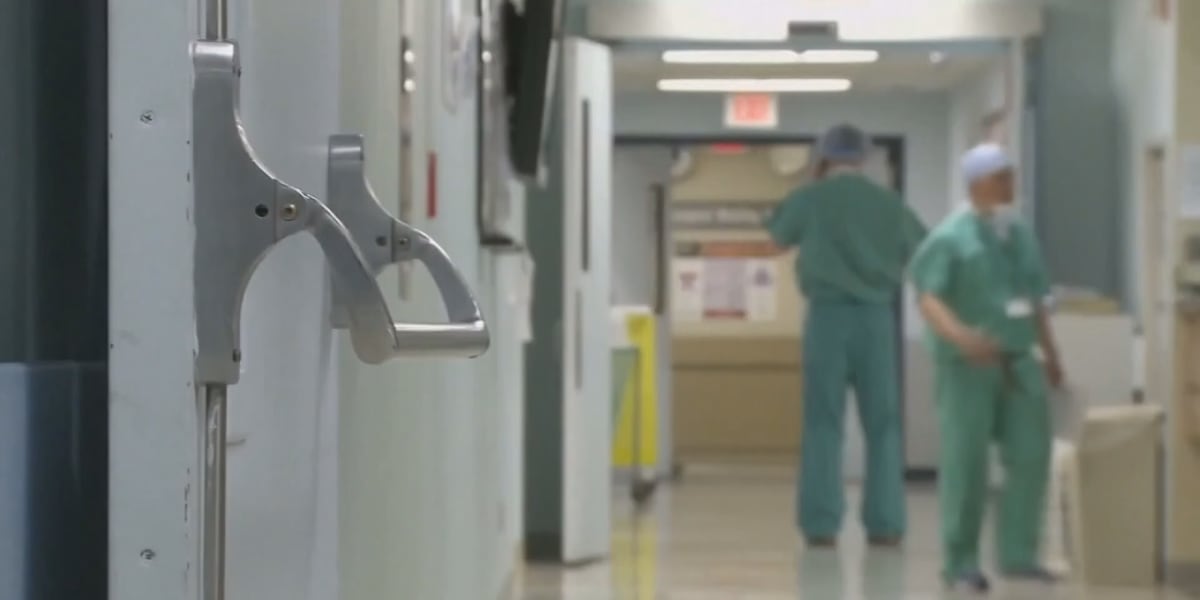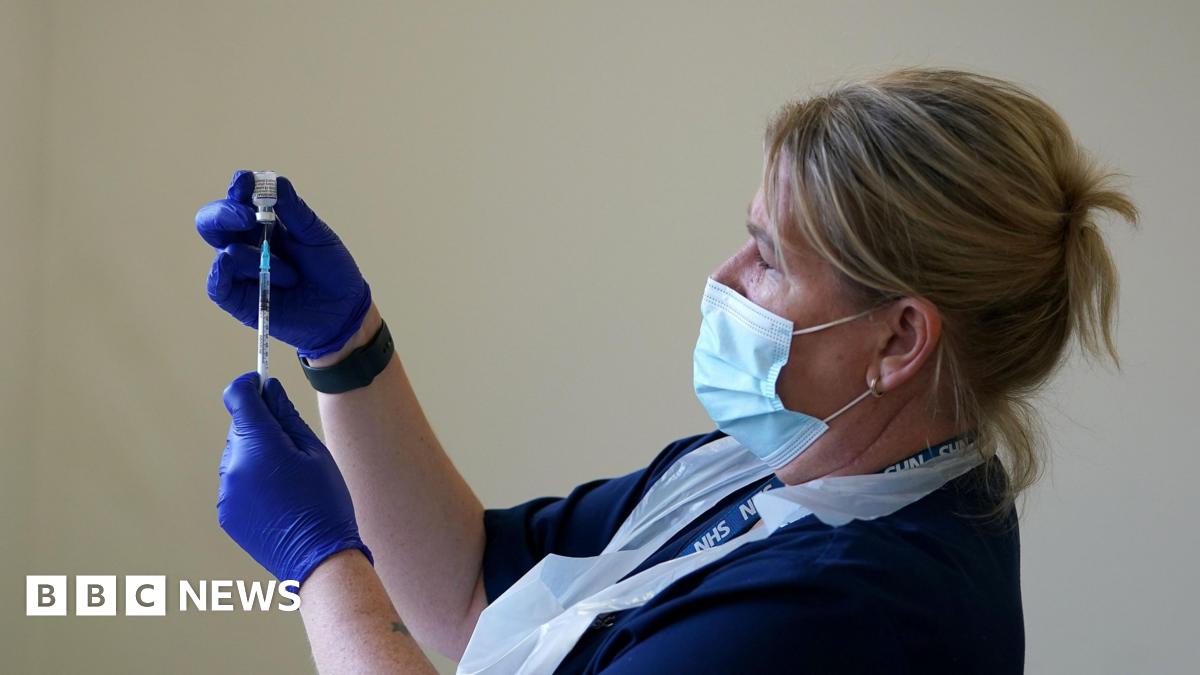STI Rates Soar in London: Vital Sexual Health Clinic Closure Sparks Concern

London is facing a concerning rise in sexually transmitted infections (STIs), with Hackney, Lambeth, and Southwark identified as hotspots. Despite this alarming trend, a crucial sexual health clinic serving these communities has been axed, raising serious questions about public health provision. New data from the UK Health Security Agency (UKHSA) reveals the stark reality: Hackney, Lambeth, and Southwark all reported over 2,500 STI cases per 100,000 residents – significantly higher than the London average. The City of London wasn't far behind, registering 2,422 cases per 100,000 residents.
This surge in STI rates underscores the critical need for accessible and comprehensive sexual health services. Clinics like the one recently closed play a vital role in prevention, testing, treatment, and counselling – all essential components of a robust public health response. The closure leaves a significant gap in service provision, potentially leading to further increases in STI transmission and associated health complications.
Why are STI Rates Rising?
Several factors likely contribute to the elevated STI rates in these London boroughs. These include:
- Reduced Access to Services: The closure of clinics and limited opening hours at others can deter individuals from seeking testing and treatment.
- Changes in Sexual Behaviour: Shifts in sexual practices and increased casual encounters can raise the risk of transmission.
- Public Health Funding Cuts: Reduced investment in sexual health services can limit outreach programs and preventative measures.
- Stigma and Shame: Fear of judgment and social stigma can prevent individuals from accessing testing and treatment.
The Impact of the Clinic Closure
The decision to close the clinic has been met with widespread criticism from public health experts and community leaders. Concerns centre on the potential for:
- Increased STI Transmission: Fewer opportunities for testing and treatment mean more people may unknowingly carry and transmit STIs.
- Delayed Diagnosis and Treatment: Individuals may delay seeking care, leading to more severe health complications and potential long-term consequences.
- Strain on Existing Services: The closure will likely increase demand on remaining sexual health clinics, potentially overwhelming their capacity.
- Disproportionate Impact on Vulnerable Populations: Those already facing barriers to healthcare, such as young people, LGBTQ+ individuals, and those from disadvantaged backgrounds, will be most affected.
What Needs to Be Done?
Addressing this escalating STI crisis requires a multi-faceted approach. Key actions include:
- Reinstating Vital Services: The immediate priority should be to restore sexual health clinic provision in affected areas.
- Increased Funding: Significant investment is needed to support sexual health services, outreach programs, and preventative measures.
- Public Awareness Campaigns: Targeted campaigns are crucial to raise awareness about STIs, promote safe sexual practices, and reduce stigma.
- Improved Accessibility: Services should be accessible to all, regardless of location, income, or sexual orientation. This includes offering convenient appointment times, online resources, and outreach programs.
- Collaboration: Effective collaboration between healthcare providers, local authorities, and community organizations is essential.
The situation in London serves as a stark reminder of the importance of prioritising sexual health. Failure to do so will have serious consequences for the health and wellbeing of individuals and communities.





